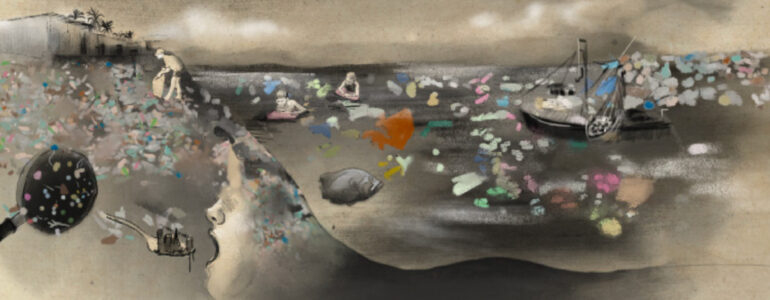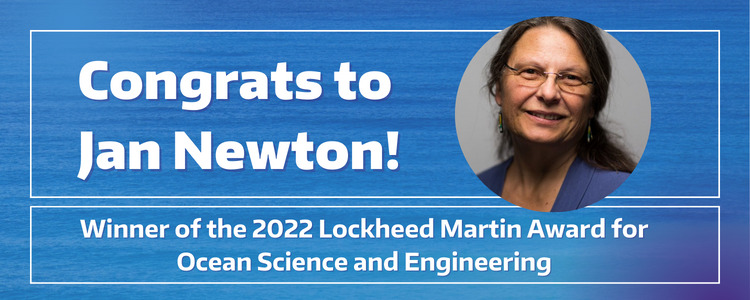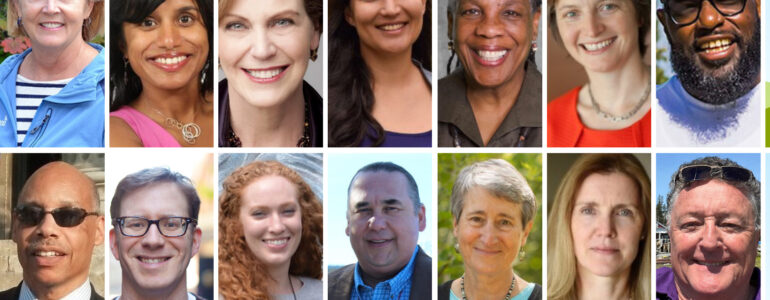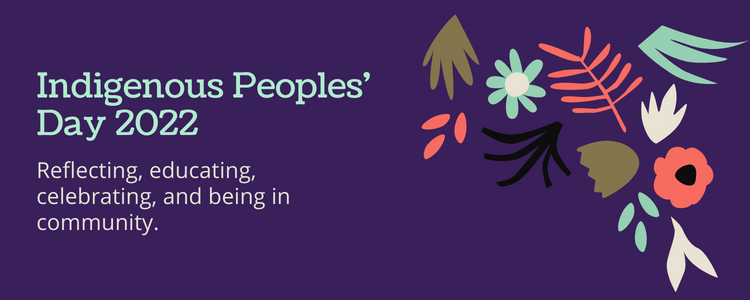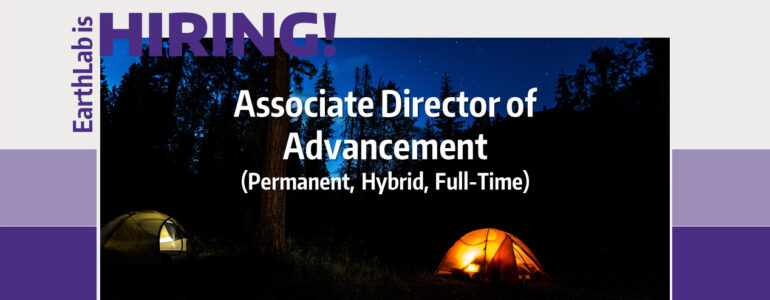EarthLab News
Future Rivers 2023/2024 Cohort Applications are Open!
Applications are open for the fourth and final Future Rivers cohort for 2023/2024! Visit the Futures Rivers website to learn more about application requirements. The application deadline is January 27, 2023.
Read moreNow Hiring: Research Scientist - Hydrologist (Climate Impacts Group)
The Climate Impacts Group (CIG) at the University of Washington is hiring a new, full-time Research Scientist with a focus on hydrologic change in the northwestern U.S. The Research Scientist will work with CIG’s lead scientists to co-produce applied research, synthesize literature and engage with partners on climate impacts and adaptation related to hydrologic change in the region.
We are seeking a candidate with a background in hydrology and experience with physically-based hydrologic models, GIS software and data analysis.
Ocean Nexus Report Launch: Equity & Marine Plastic Report 2022
An estimated eight million tons of plastics end up in the ocean each year, negatively impacting the environment and society. The burden of these impacts are often disproportionately experienced by more marginalized and vulnerable communities. Through thematic research and case studies that explore diverse issues of MPP, this report contributes to understanding the ways in which inequitable plastic pollution burdens are embedded within every facet of plastics, from its creation to disposal across all corners of the world.
Read moreClean SHiFT Team Wins 2022 EPA Safer Choice Partner of the Year
The products we use to clean our spaces impact not only those who use them, but also the environments into which they are discharged. A multi-disciplinary team has been working to help with the transition to safer chemicals for cleaning, disinfecting and sanitizing food trucks in Washington.
In recognition of their efforts, the Clean Safety & Health in Food Trucks (Clean SHiFT) team received a 2022 Safer Choice Partner of the Year award from the U.S.
WOAC Co-Director Jan Newton wins Marine Technology Society Award
Congratulations to Jan Newton, co-director of EarthLab member organization WOAC, for receiving the 2022 Lockheed Martin Award for Ocean Science and Engineering, courtesy of the Marine Technology Society (MTS)! This award is presented to an individual who has demonstrated the highest degree of technical accomplishment in the field of marine science, engineering, or technology.
Read moreNow Hiring: Research Scientist (Climate Impacts Group)
The Climate Impacts Group (CIG) at the University of Washington is hiring a full-time research scientist with a focus on ecosystems and invasive species. We are seeking a candidate with a background in natural resources and experience with climate adaptation.
The Research Scientist will support co-produced research and synthesis projects led by the Climate Impacts Group’s senior scientists and work with the U.S.
EarthLab welcomes four new Advisory Council members
With the 2022-23 school year in full swing, EarthLab is excited to share that we have four new members who have joined the Advisory Council. The Advisory Council is a body of volunteers from diverse professions and backgrounds that provides unique perspectives to help inform our programming, introduce new potential collaborators, and raise awareness and financial support for EarthLab. The Council works to connect decision makers outside of academia to UW resources.
Read moreIndigenous Peoples' Day 2022
The idea to replace Columbus Day with Indigenous Peoples’ Day was first proposed at the 1977 UN Conference by Indigenous advocates. Since then, more than a dozen states and hundreds of cities have adopted the day.
2014 marked the first Indigenous Peoples’ Day in the City of Seattle. The recognition was a result of advocacy by local Indigenous organizers since 2009.
Now Hiring: Associate Director of Advancement
The College of the Environment at the University of Washington is now hiring an Associate Director of Advancement for EarthLab. This position will be responsible for assisting in the planning, strategy-setting and delivery of activities to successfully secure gifts and grants for the College of the Environment (CoEnv) and its constituent units. Efforts shall be focused on raising increasing levels of private support, for current use, endowment, and capital purposes, benefiting CoEnv students, faculty, staff, programs, and college leaders.
Read more